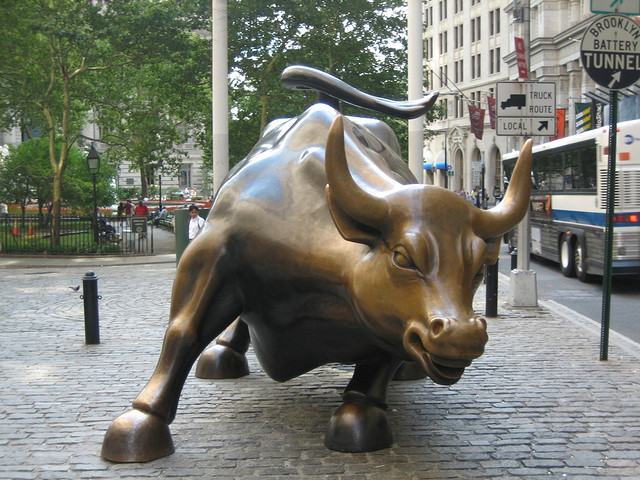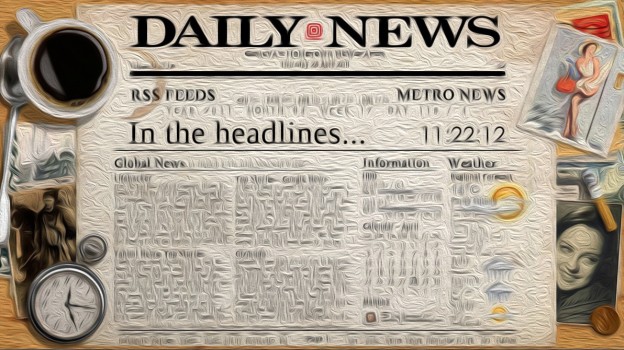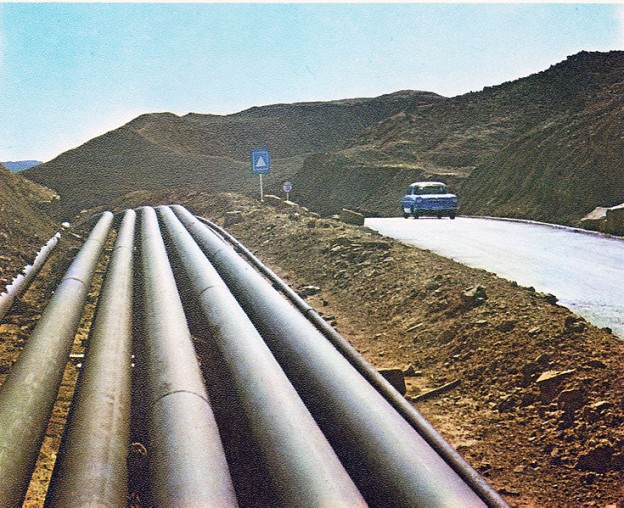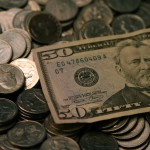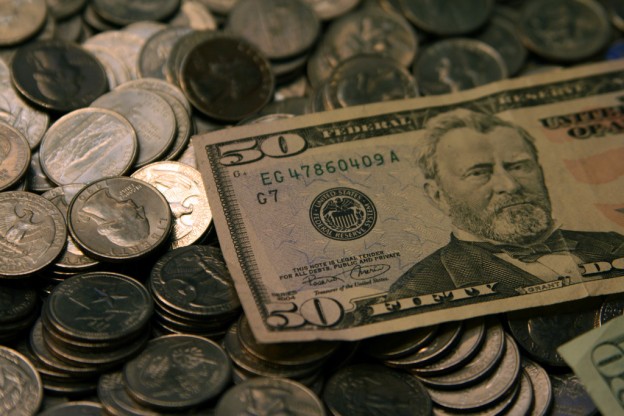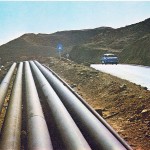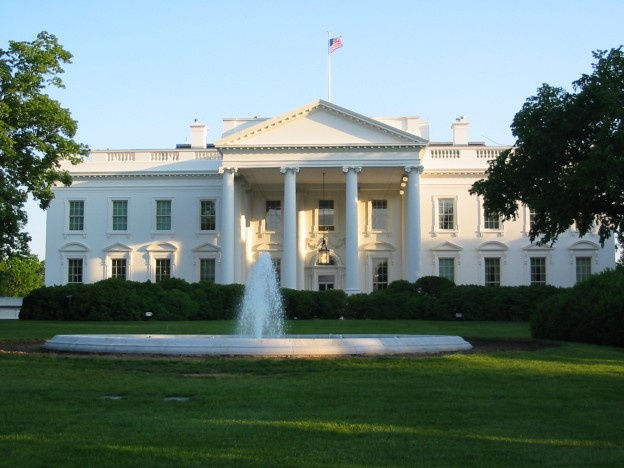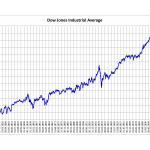Things are getting heated in the dispute over the federal mandate to mix corn-based ethanol into the nation’s fuel supply. There are always two sides to every story, and in this case, there are two big names pitting themselves against each other: Big Oil versus Big Agriculture. Both sides are powerful and self-interested, but the former may have an edge on this matter.
The ethanol mandate forces the public to use and subsidise a product that is both uneconomical and environmentally destructive, if you consider the land, fuel and fertilizer needed to grow, harvest and transport all that corn. Which is why some consider it a misguided policy that should be cut.
It was success for the Environmental Protection Agency (EPA) which last week for the first time proposed to trim this ethanol mandate. However is Congress doing enough on this matter? How about taking it one step further and revising the law that requires increasing amounts of ethanol in gasoline – a law which was conceived during the period straight after 9/11, when there was anxiety over the nation’s then-growing reliance on Middle Eastern crude oil, and before the consequences of mass ethanol production were clearly understood. By now it should be known that ethanol (which was pitched to the public as a renewable and environmentally friendly energy source) hasn’t lived up to expectations. In fact, some calculate that producing ethanol actually consumes too much energy and generates greenhouse gases.
The EPA’s proposition is modest: using the reasoning that U.S. gasoline use is falling - mainly because cars are becoming more fuel-efficient - they propose that U.S. fuel companies would be allowed to use about 6 percent less ethanol in 2014 than this year. Without such a change, fuel companies might have to break through the so-called blend wall, producing gasoline with more than 10 percent ethanol - even though many U.S. cars and trucks aren’t designed to run on mixes with higher amounts of ethanol. There is an alternative: to buy credits granting exemptions from adding ethanol, but a bidding war for these credits earlier this year helped drive the price of gas to almost $4 a gallon!
The other side of the story is that ethanol has also pushed demand for corn to the breaking point. Did you know that much as 40 percent of the nation’s corn crop goes to ethanol production? That means ploughing up millions of additional acres, much of it environmentally sensitive grasslands or wetlands.
The mandate not only raises the price of farmland but also forces Americans to pay as much as $40 billion a year more for food - from soft drinks to beef - according to estimates by Texas A&M University researchers. There are even signs that this has played a part in the rise in global food prices.
The oil industry has asked the EPA for a partial or total waiver of the mandate for next year, but Obama’s administration supports the mandate, and he has powerful allies from Iowa, the country’s biggest corn producer. To be fair, there is a place for ethanol in the nation’s fuel mix, since in small quantities it helps gasoline burn more efficiently in car and truck engines, but why not let the market, rather than the mandate, settle this?







